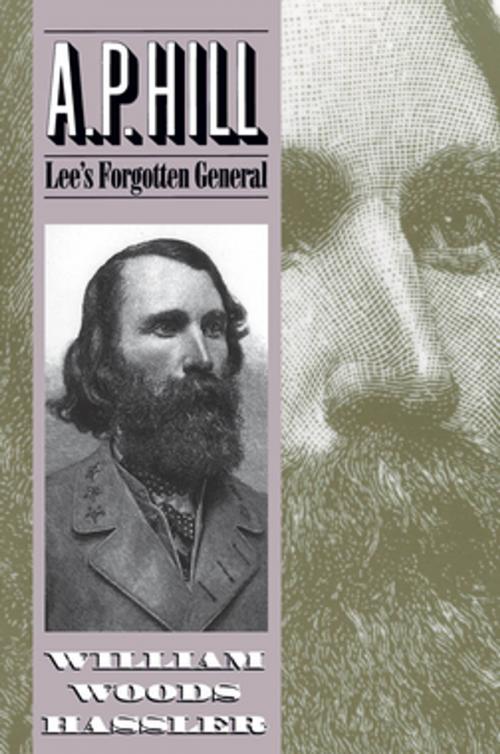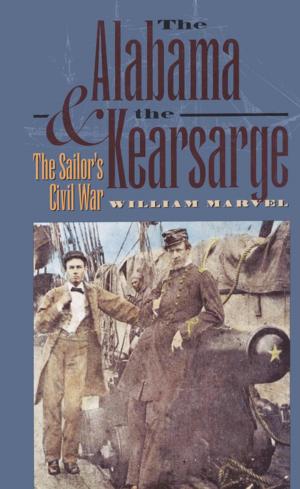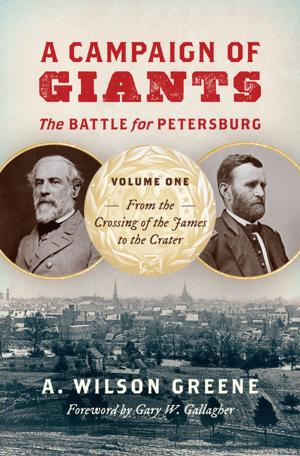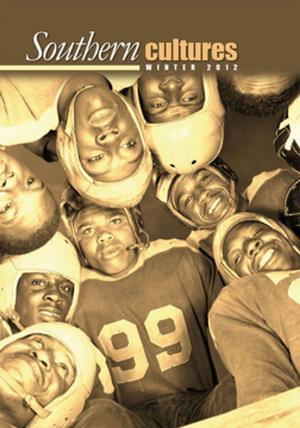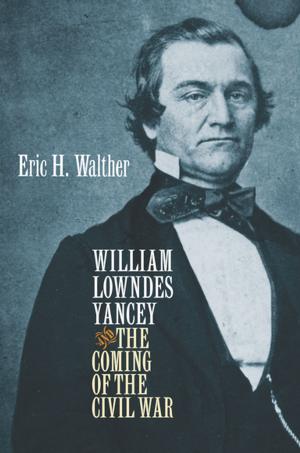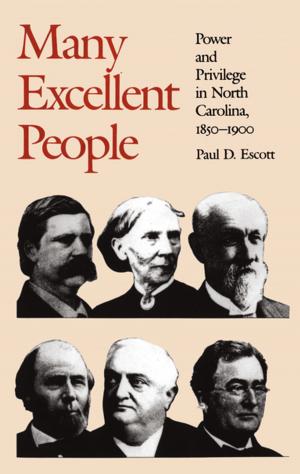| Author: | William W. Hassler | ISBN: | 9780807867167 |
| Publisher: | The University of North Carolina Press | Publication: | November 9, 2000 |
| Imprint: | The University of North Carolina Press | Language: | English |
| Author: | William W. Hassler |
| ISBN: | 9780807867167 |
| Publisher: | The University of North Carolina Press |
| Publication: | November 9, 2000 |
| Imprint: | The University of North Carolina Press |
| Language: | English |
A. P. Hill: Lee's Forgotten General is the first biography of the Confederacy's long-neglected hero whom Lee ranked next to Jackson and Longstreet. Although the name and deeds ot this gallant Virginian conspicuously punctuate the record of every major campaign of the Army of Northern Virginia, the man himself has persistently remained what Douglas Southall Freman termed an "elusive personality." William Woods Hassler, through careful and persistent research, has compiled an interesting documentary study from which emerges a balanced portrait of this distinguished but complex character.
Here for the first time is detailed the romantic triangle which enmeshed Hill and McClellan, former roommates at West Point, with beauteous Nelly Marcy, reigning queen of pre-war Washington's younger set. Hill lost this contest to Nelly's parents, but he later won the hand of General John Hunt Morgan's lovely and talented sister, Dolly. And at Sharpsburg, Hill wreaked vengeance upon McClellan by his timely arrival which saved Lee from defeat at the same time it spelled McClellan's subsequent dismissal from command of the Army of the Potomac.
The author traces Hill's meteoric rise from Colonel of the redoubtable Thirteenth Virginia Regiment to Major General in command of the famed Light Division. Against a "you are there" background of intimate detail, the reader follows the exploits of tempestous Ambrose Powell Hill as he welds his officers and men into fierce striking units. Where the fighing is thickests there is the red-haired, red-shirted Hill brandishing his sword and exhorting his men to victory. Sometimes the issue ends ignominiously as at Bristoe Station, but more often the outcome is glorious as at Second Manassas and Reams Station.
Gray greats and near-greats stalk through these pages with vivid reality as one meets Jeb Stuart, Dorsey Pender, John Hood, Heros von Borcke, Ham Chamerlayne, Willie Pegram, Rev. J. Wm. Jones, Cadmus Wilcox, Harry Heth, J. R. Anderson, Lawrence O'Brien Branch, James Archer, Jim Lane, Thomas Wooten, Charles Field, George Tucker, Kyd Douglas, Johnston Pettigrew, Moxley Sorrel, William H. Palmer, Wade Hampton, Jube Early, Lindsay Walker, Maxcy Gregg, Sam McGowan, and others.
Accompanying Hill and his commands from pre-Manassas to the final breakthrough at Petersburg, the reader relives the campaigns in the Eastern theater. At the same time the reader gains a deeper insight into the problems of command, together with an appreciation of the hardships which the Confederate soldiers endured during even the early days of the conflict.
Although Powell Hill's consideration and ability won for him the unbounded respect and devotion of his troops, his proud, sensitive nature continually embroiled him with his superiors. His dispute with Longstreet following the Seven Days Battles almost culminated in a duel. Transferred to Jackson's command, Hill outspokenly quarreled with "Old Jack" until the latter's mortal wounding at Chancellorsville effected a dramatic battlefield reconciliation. As Jackson's successor, Hill performed irregularly. The author analyzes objectively the various factors which may have caused the changes in Hill's fortunes following his elevation to corps command.
A. P. Hill: Lee's Forgotten General is the first biography of the Confederacy's long-neglected hero whom Lee ranked next to Jackson and Longstreet. Although the name and deeds ot this gallant Virginian conspicuously punctuate the record of every major campaign of the Army of Northern Virginia, the man himself has persistently remained what Douglas Southall Freman termed an "elusive personality." William Woods Hassler, through careful and persistent research, has compiled an interesting documentary study from which emerges a balanced portrait of this distinguished but complex character.
Here for the first time is detailed the romantic triangle which enmeshed Hill and McClellan, former roommates at West Point, with beauteous Nelly Marcy, reigning queen of pre-war Washington's younger set. Hill lost this contest to Nelly's parents, but he later won the hand of General John Hunt Morgan's lovely and talented sister, Dolly. And at Sharpsburg, Hill wreaked vengeance upon McClellan by his timely arrival which saved Lee from defeat at the same time it spelled McClellan's subsequent dismissal from command of the Army of the Potomac.
The author traces Hill's meteoric rise from Colonel of the redoubtable Thirteenth Virginia Regiment to Major General in command of the famed Light Division. Against a "you are there" background of intimate detail, the reader follows the exploits of tempestous Ambrose Powell Hill as he welds his officers and men into fierce striking units. Where the fighing is thickests there is the red-haired, red-shirted Hill brandishing his sword and exhorting his men to victory. Sometimes the issue ends ignominiously as at Bristoe Station, but more often the outcome is glorious as at Second Manassas and Reams Station.
Gray greats and near-greats stalk through these pages with vivid reality as one meets Jeb Stuart, Dorsey Pender, John Hood, Heros von Borcke, Ham Chamerlayne, Willie Pegram, Rev. J. Wm. Jones, Cadmus Wilcox, Harry Heth, J. R. Anderson, Lawrence O'Brien Branch, James Archer, Jim Lane, Thomas Wooten, Charles Field, George Tucker, Kyd Douglas, Johnston Pettigrew, Moxley Sorrel, William H. Palmer, Wade Hampton, Jube Early, Lindsay Walker, Maxcy Gregg, Sam McGowan, and others.
Accompanying Hill and his commands from pre-Manassas to the final breakthrough at Petersburg, the reader relives the campaigns in the Eastern theater. At the same time the reader gains a deeper insight into the problems of command, together with an appreciation of the hardships which the Confederate soldiers endured during even the early days of the conflict.
Although Powell Hill's consideration and ability won for him the unbounded respect and devotion of his troops, his proud, sensitive nature continually embroiled him with his superiors. His dispute with Longstreet following the Seven Days Battles almost culminated in a duel. Transferred to Jackson's command, Hill outspokenly quarreled with "Old Jack" until the latter's mortal wounding at Chancellorsville effected a dramatic battlefield reconciliation. As Jackson's successor, Hill performed irregularly. The author analyzes objectively the various factors which may have caused the changes in Hill's fortunes following his elevation to corps command.
